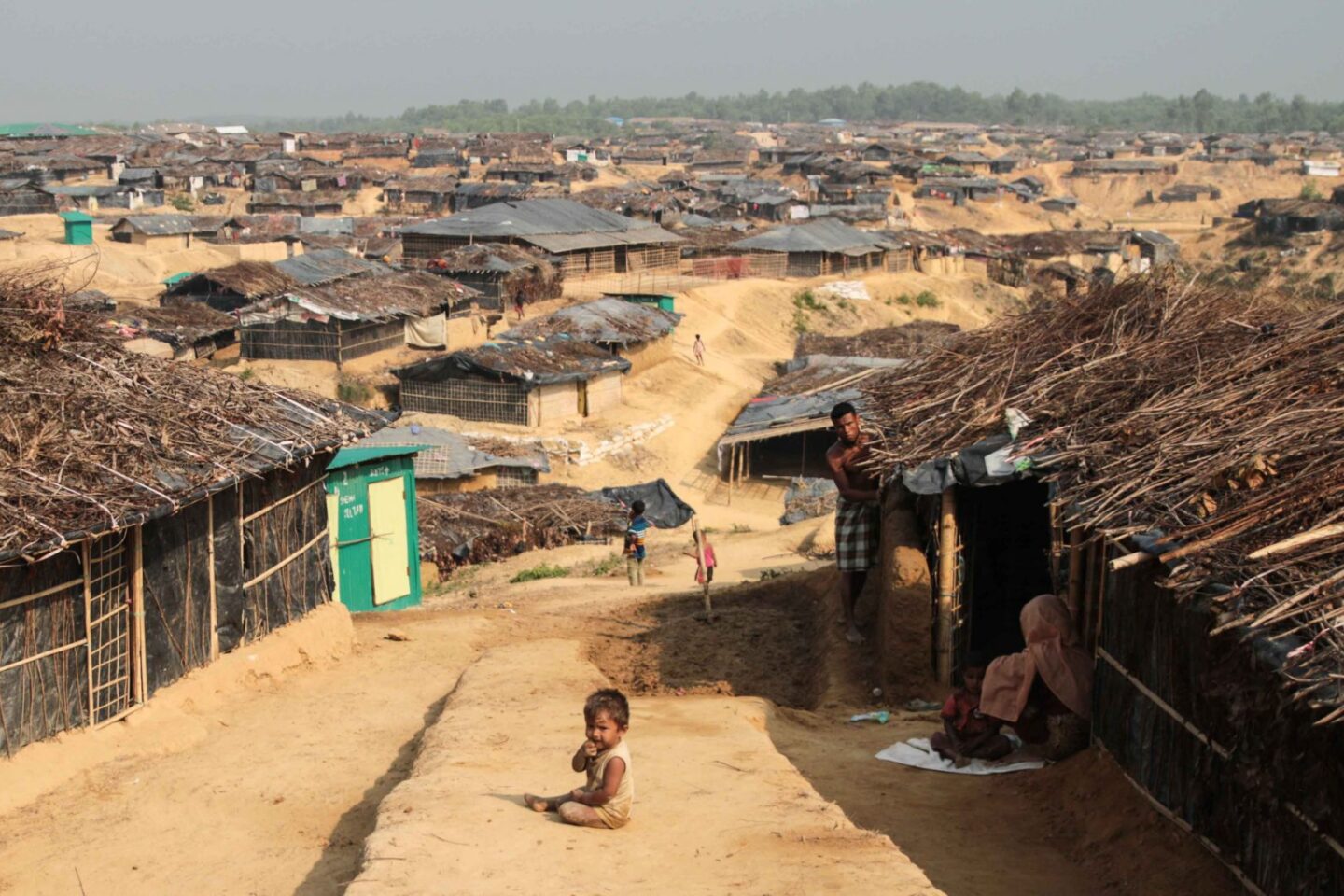A deal was struck between Myanmar and Bangladesh to start repatriating the thousands of Rohingya who fled the country in the wake of increasing violence and attacks on their population in 2017.
But the terror of the violent attacks and the mistreatment of the Rohingya population in Myanmar is still very fresh in their minds. The Rohingya fled the country where they had been living for many generations fearing for their safety.
This is not the first case of a Rohingya refugee crisis. Masses of Rohingya also fled over the Myanmar-Bangladesh in the seventies and nineties after violent attacks against them. They were repatriated then with the assurance that they would be left to live in peace.
Repatriation seems to be the only solution to this refugee crisis put on the table so far, yet thousands of Rohingya refugees have said that they would rather die in Bangladesh than risk going back to Myanmar to suffer the same horrors all over again.
The Rohingya have little faith in the assurances of safety and peace made by the Myanmar authorities and many are adamant that they are not willing to leave the squalid-but-safer situation they live in now in camps across Bangladesh.
Some of the refugees have started a list of conditions that the Myanmar government would have to meet for them to even consider going back. Amongst them are the recognition of the Rohingya ethnic minority, being granted citizenship and justice for the horrors they were subjected to in 2017.
They are also stating that they want to return to their homes and not to be placed in detention centres once they are back in Myanmar’s territory.
The Rohingya in Myanmar do not enjoy basic rights and freedoms. Myanmar doesn’t recognise them as citizens and they are limited to carrying out their daily lives within the confines of their villages. They are also denied basic human rights such as education and access to public services and good jobs.
> Naomi Round













